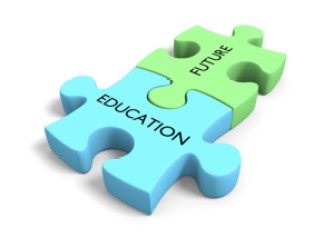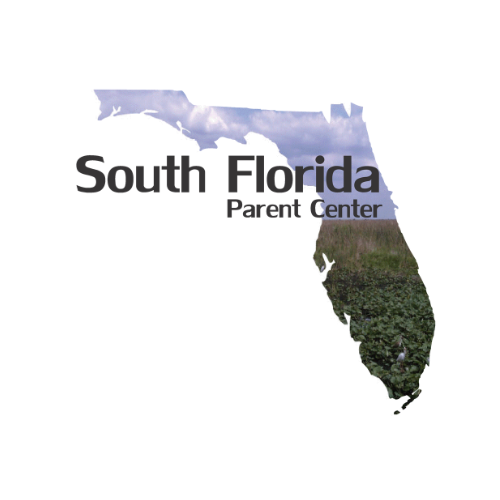The transition process does not just happen the last year of school, I believe it begins at birth. It is what we as parents naturally do when teaching our children to take care of themselves, and that learning process continues when children enter into a public school  system. Everything is in preparation for life and independence. For each goal written into the IEP that begins with assistance, they should always end in independent mastery of a skill – or – the usage of a device which will grant independent access.
system. Everything is in preparation for life and independence. For each goal written into the IEP that begins with assistance, they should always end in independent mastery of a skill – or – the usage of a device which will grant independent access.
Public schools represent the diversity of the community in which a person lives. The schools are where we acquire the fundamental building blocks for participation in society. It is where we learn to socially interact and coexist. It is where we learn tolerance and inclusion. Purposeful segregation denies any opportunity to foster tolerance and acceptance in a classroom, in a school, or in a community. Segregation and isolation can, unfortunately, become a life sentence.
The focus on learning the skills to promote independence should be constant and continuous throughout the time spent in public school. Everything from waiting in line, getting up and arriving at school on time, to recognizing an authority figure, and that there are consequences for our actions, are all skills needed to participate in life. It is an ongoing preparation for independent living that requires careful planning and that drives the skills we need to acquire before exiting a school system and moving into post-secondary settings. The quality of life we experience is a direct result of that preparation.
I recently witnessed a meeting where a budding self-advocate was practicing her skills at an IEP meeting. She was learning to embrace her disability as being part of who she was but not defining who she could be. But as she was testing the waters, she would glance at her mother occasionally, exhibiting a learned behavior of dependence on her mother, to do things that she herself was capable of doing. I saw the mother falter and then catch herself and shift the responsibility back on her daughter. It was a proud day for both of them.
In preparation for independence, there comes a time to take the training wheels off the bicycle, let go of the seat and let them try to use skills you have taught them. Letting go is probably the single hardest thing a parent will have to do. But let go they must, to allow their children to become independent adults and experience the quality of life of their own choosing. I add this because what our children may choose is not necessarily what we may want for them.
As much as we want our children to succeed, there are times that we have to let them try and fail. It is how we learn. Always doing everything for them can create an undesired consequence of dependency and learned helplessness. The goal is to always shift from supported access to independent access whenever possible and as soon as possible.
The bottom line is: No decisions about me without me.
